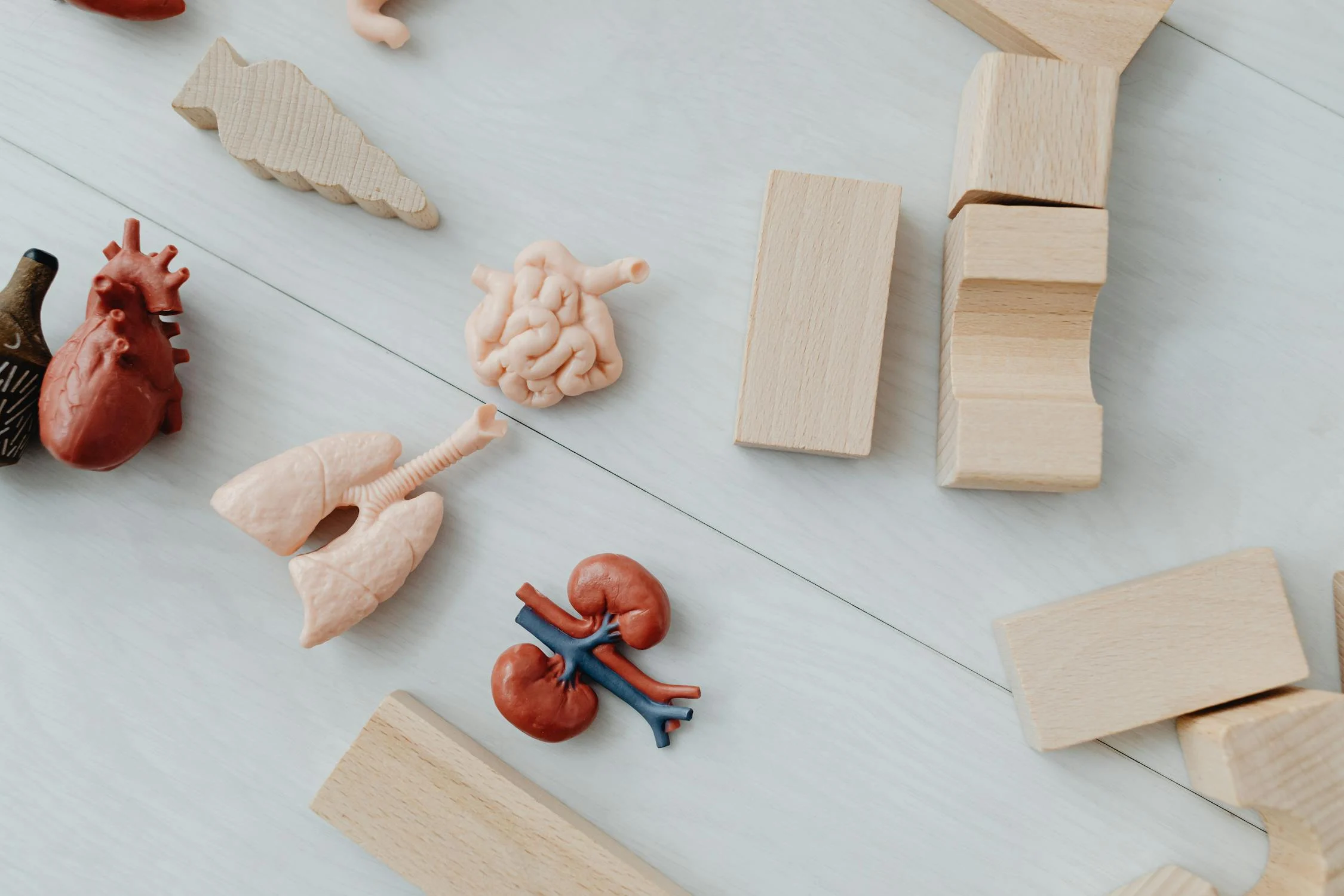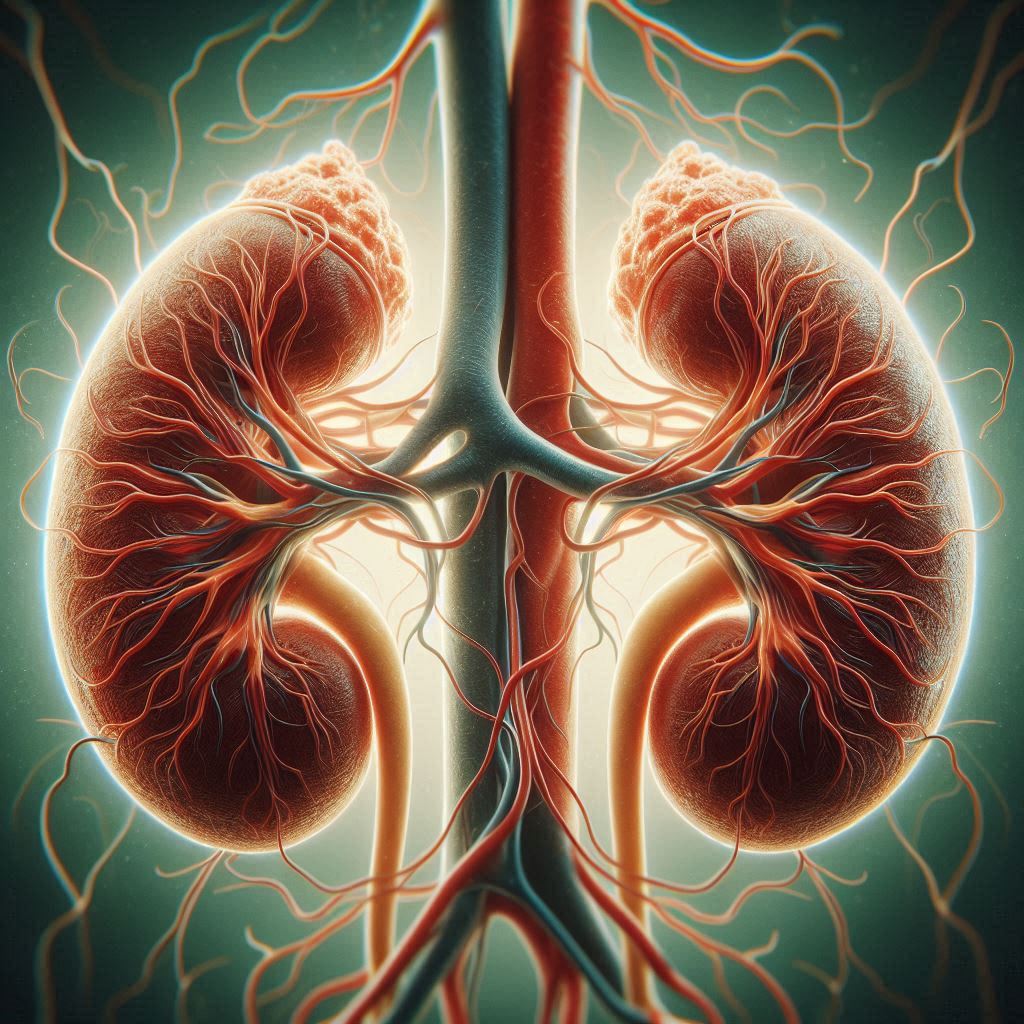That’s correct. Roux-en-Y gastric bypass surgery can lead to changes in the way the body absorbs and excretes certain substances, including oxalate and citrate. This can increase the risk of developing kidney stones.
Here’s what happens:
- Malabsorption of fat: After Roux-en-Y gastric bypass surgery, the body has a harder time absorbing fat. When fat isn’t absorbed properly, it binds to calcium in the gut, making less calcium available to bind to oxalate.
- Increased oxalate absorption: As a result, more oxalate is absorbed into the bloodstream and eventually ends up in the urine. High levels of urine oxalate can increase the risk of developing kidney stones.
- Low urine citrate: Citrate is a naturally occurring substance that helps prevent kidney stones by binding to calcium and preventing it from combining with oxalate. However, after Roux-en-Y gastric bypass surgery, the body may produce less citrate, making it easier for kidney stones to form.
It’s essential for individuals who have undergone Roux-en-Y gastric bypass surgery to be aware of this potential complication and take steps to prevent kidney stones, such as staying hydrated, limiting oxalate-rich foods, and taking supplements as recommended by their healthcare provider.



Leave a Reply